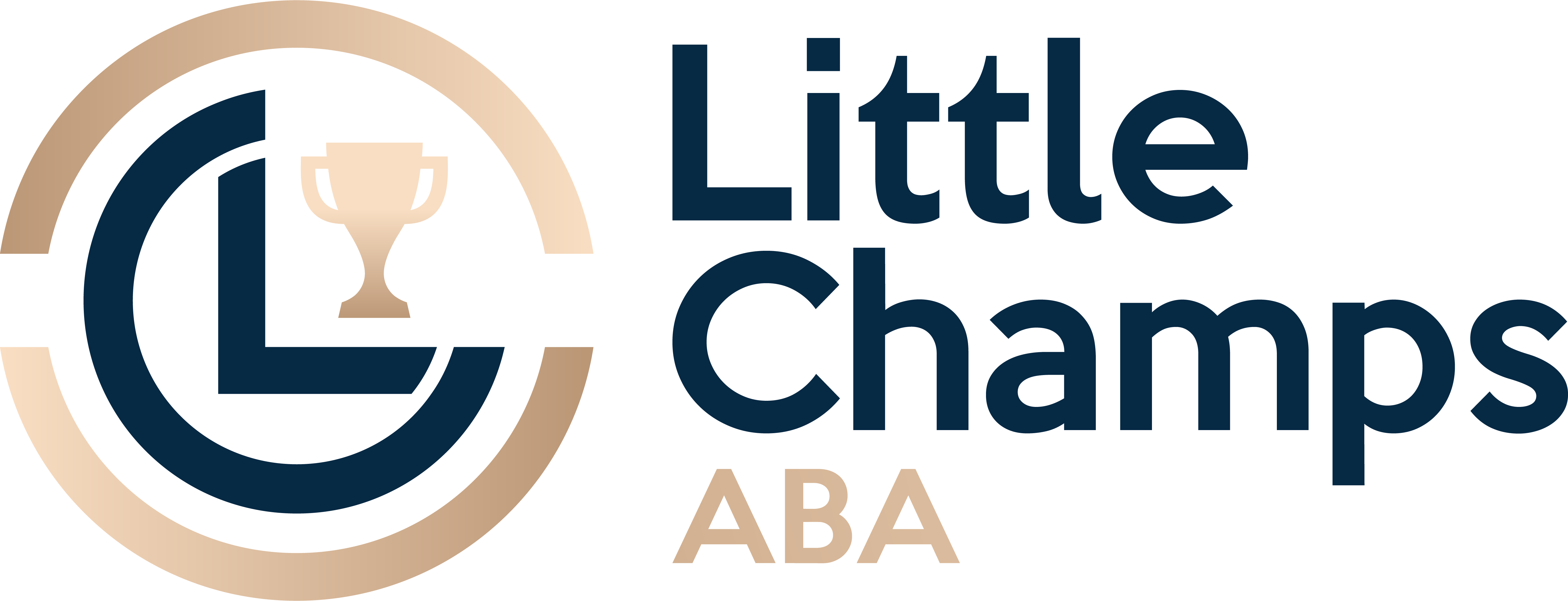
Yes, an autistic person can drive. There are no laws preventing autistic individuals from obtaining a driver’s license. Just like anyone else, autistic people must pass their state’s driving tests to earn a license.
What Makes Driving Different for Autistic People?
Driving requires multiple skills like attention, decision-making, motor coordination, and managing sensory input. Some autistic people face challenges in these areas, such as difficulty with multitasking, sensory sensitivities, or processing changes quickly. However, research shows autistic drivers often have strengths like strict rule-following, less risk-taking, and higher attention to detail.
A study found that young autistic drivers receive fewer traffic violations and have fewer crashes related to speeding compared to their peers. However, they may have more difficulty with complex maneuvers like left-hand turns and U-turns, highlighting the importance of tailored driving training.
How Can Autistic People Prepare to Drive?
Many autistic individuals benefit from specialized driving interventions, like simulator training and cognitive-behavioral programs designed to improve executive function and emotional regulation. Gradual exposure to different driving environments and personalized coaching increase safety and confidence on the road.
Conclusion
So, can an autistic person drive? Absolutely. With the right preparation, training, and support, autistic people can become safe, confident drivers. Little Champs ABA offers customized programs to help individuals on the spectrum develop the skills needed for independence, including driving readiness. Contact us today to learn how we can support your journey toward greater freedom.
Frequently Asked Questions
Is driving legal for autistic people?
Yes, lawful driving depends on passing tests, not diagnosis.
Do autistic drivers crash more often?
Studies show crash rates are similar or sometimes lower than non-autistic peers, with some specific challenges.
What supports help autistic drivers learn best?
Driving simulators, personalized lessons, and therapies focusing on anxiety and multitasking skills help.
Sources:


